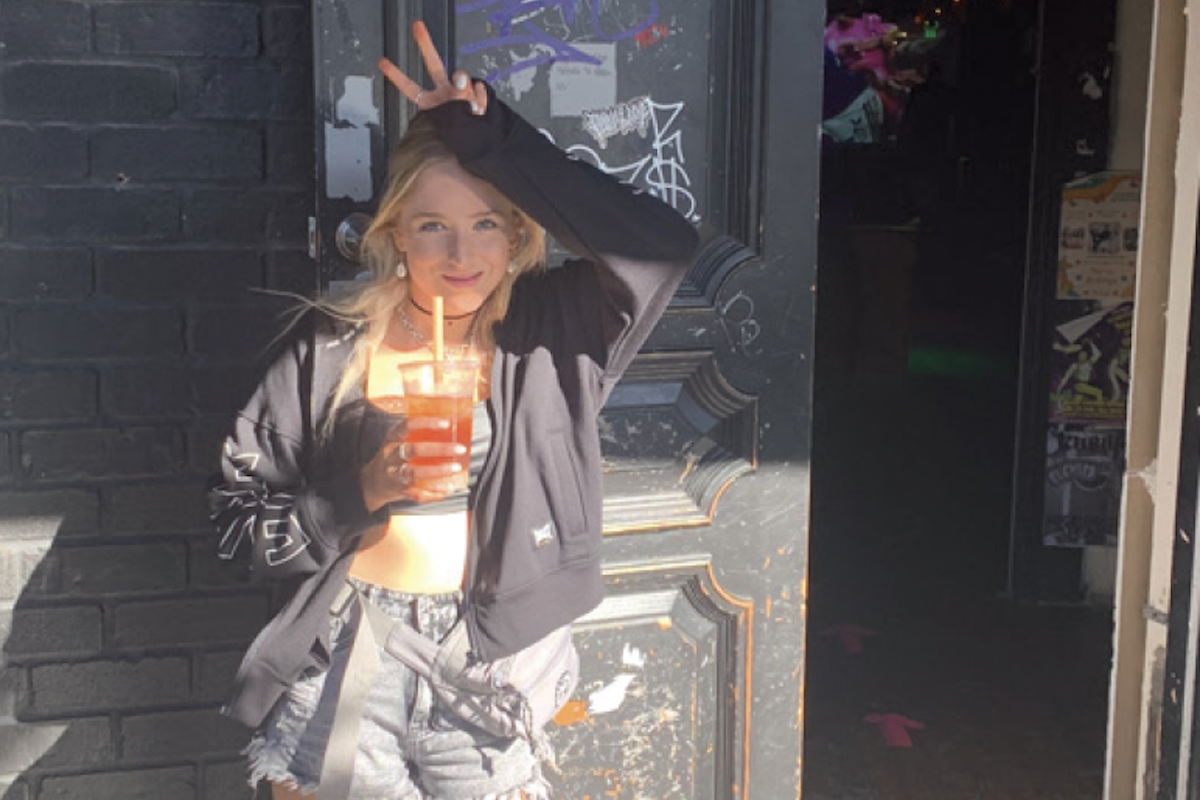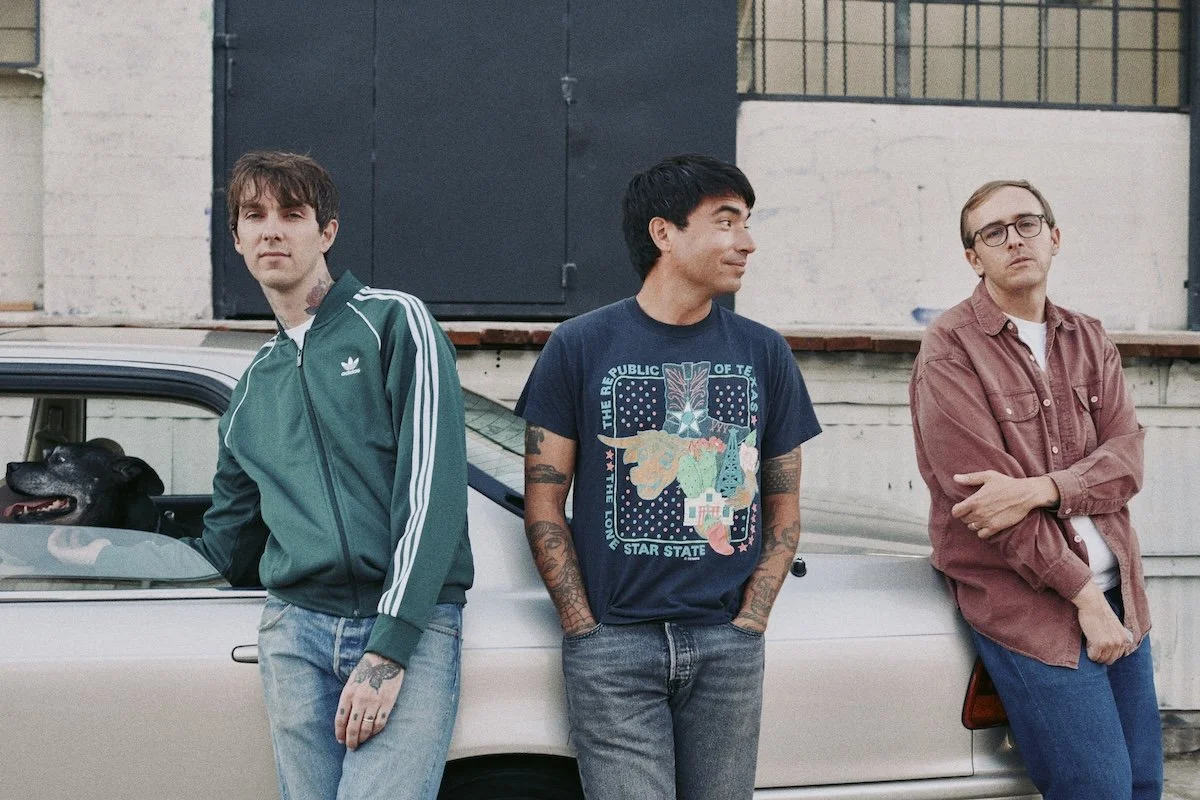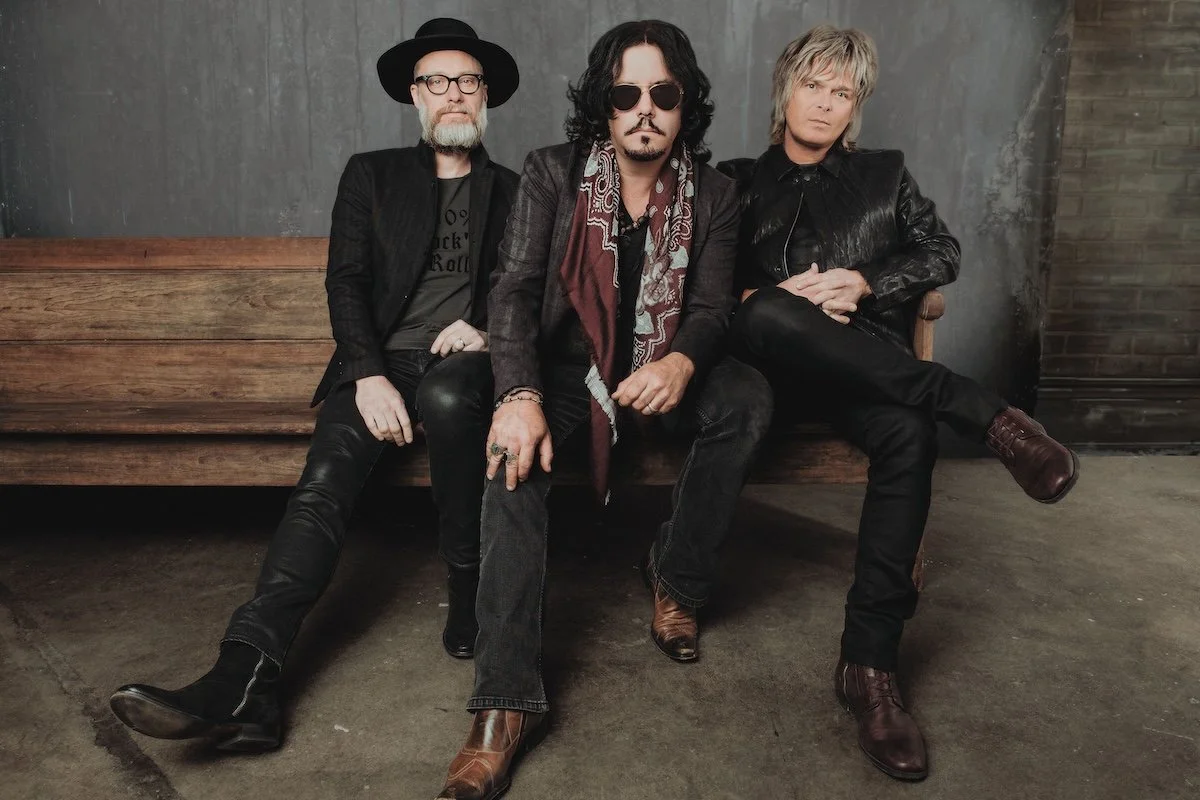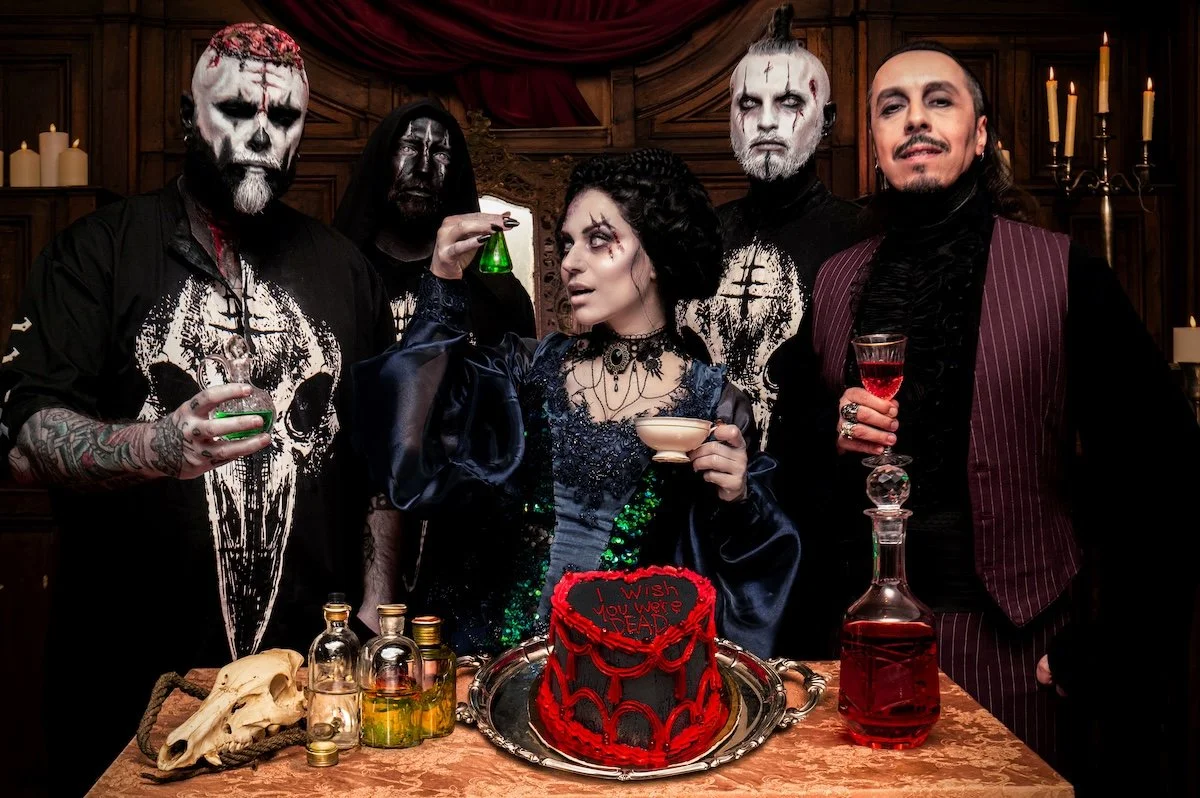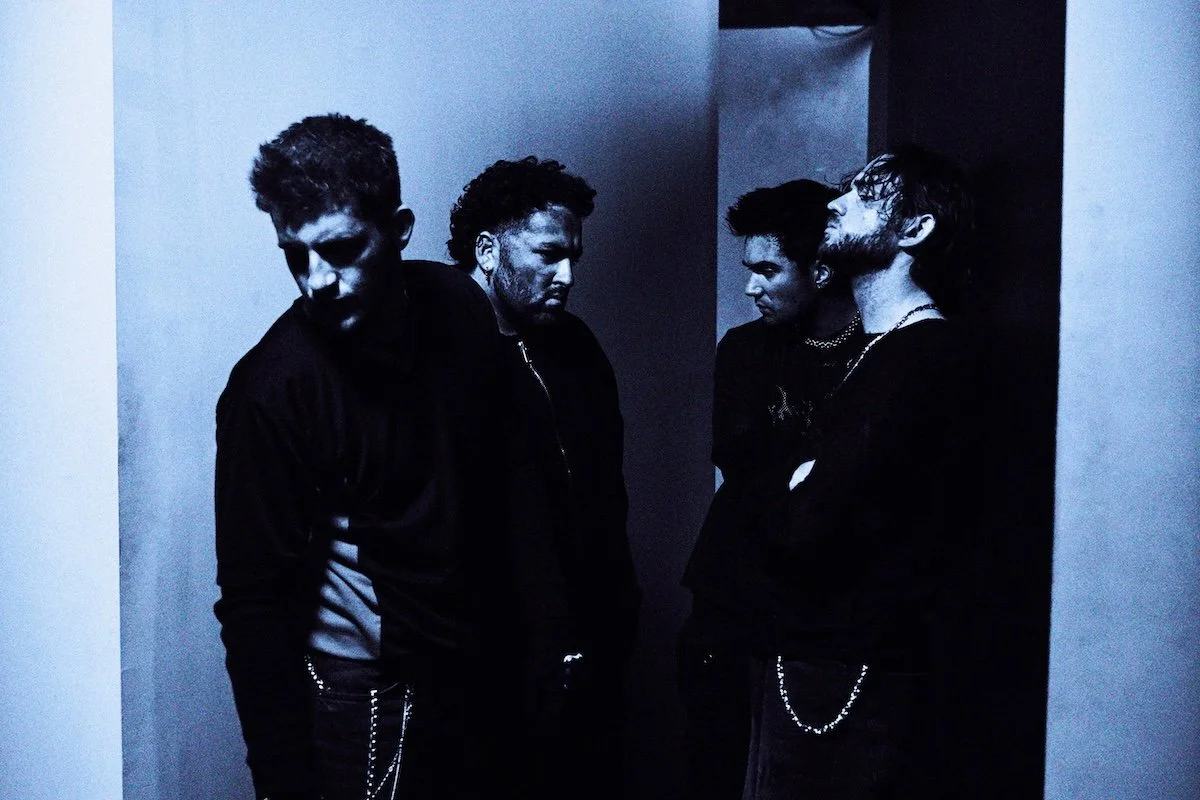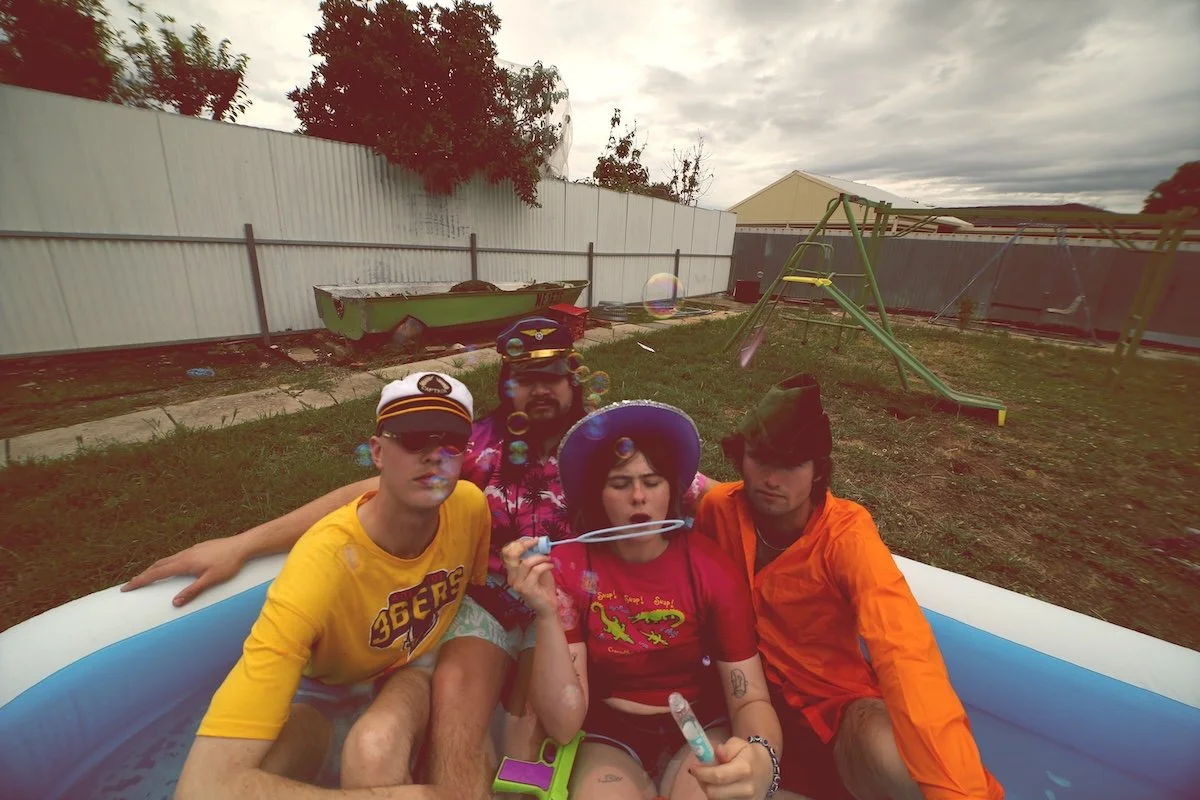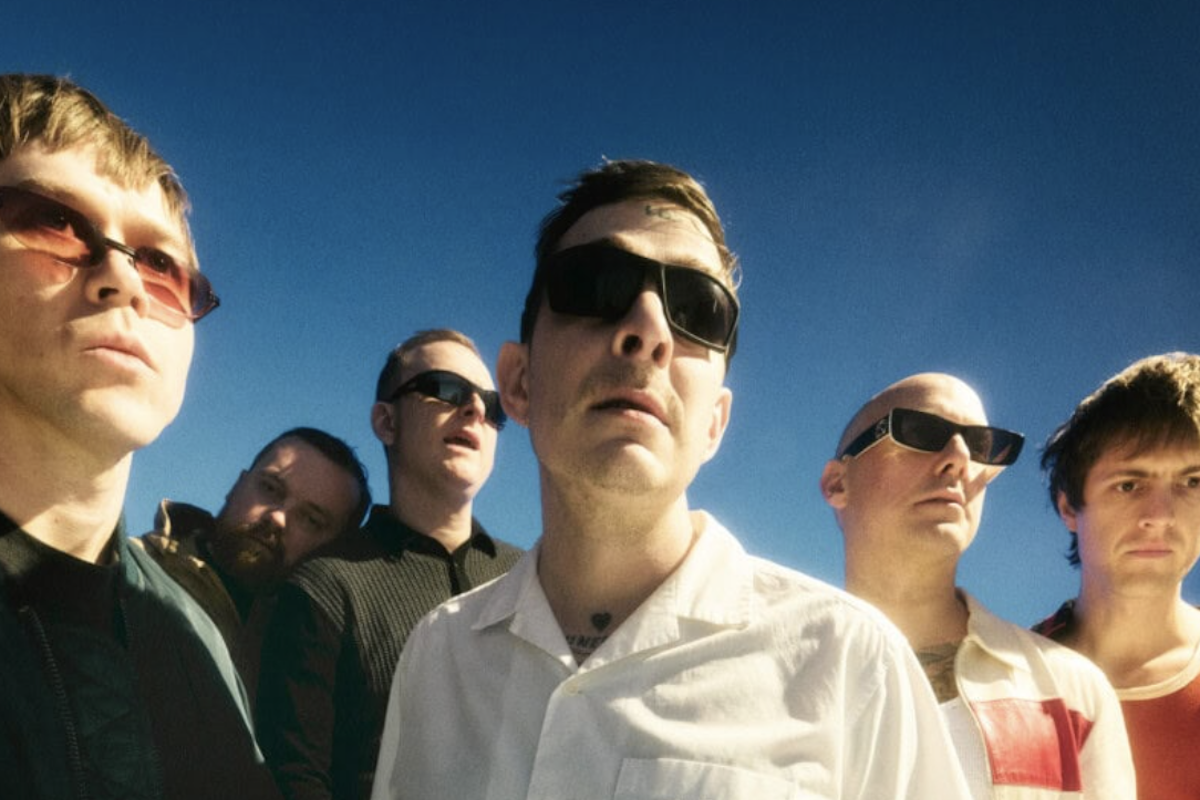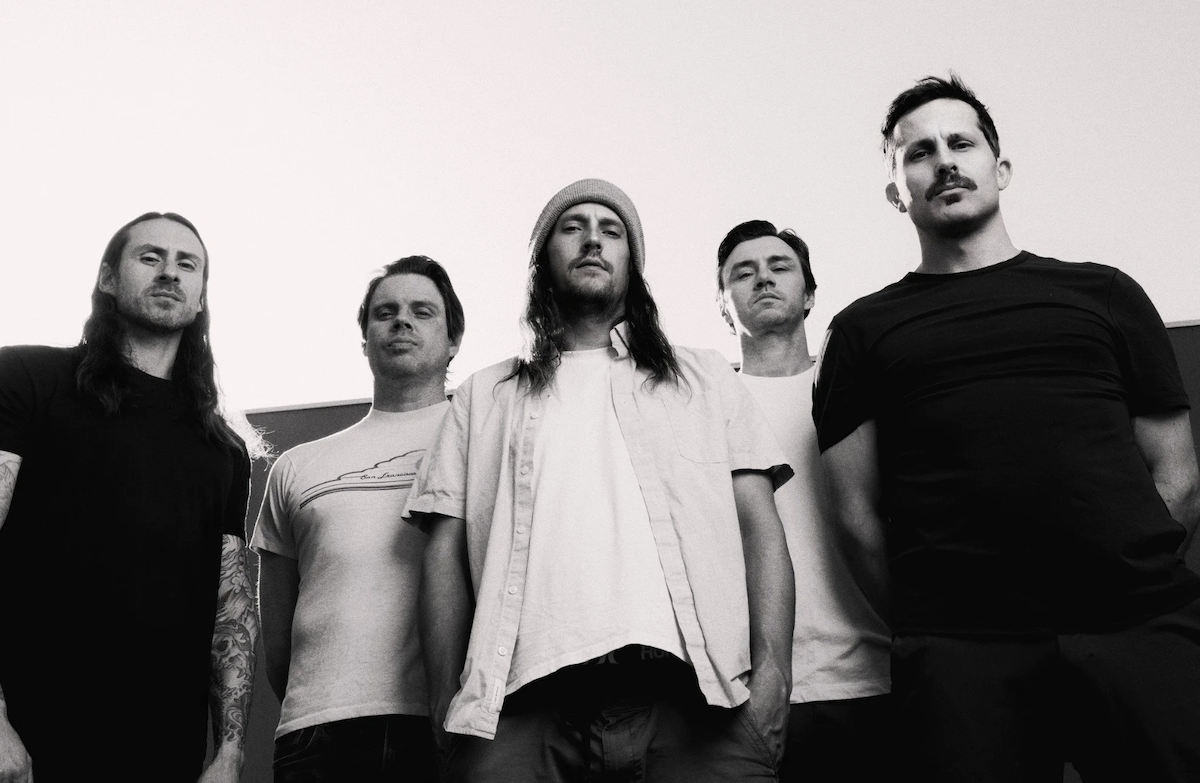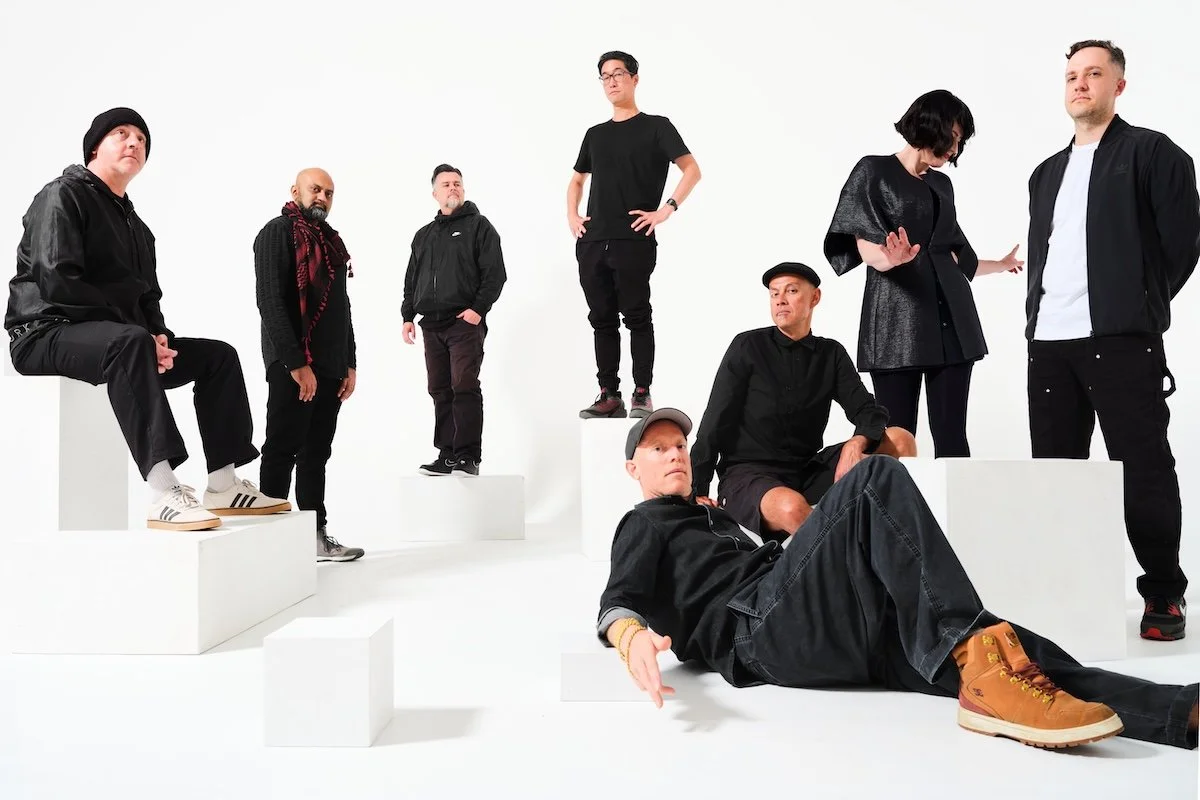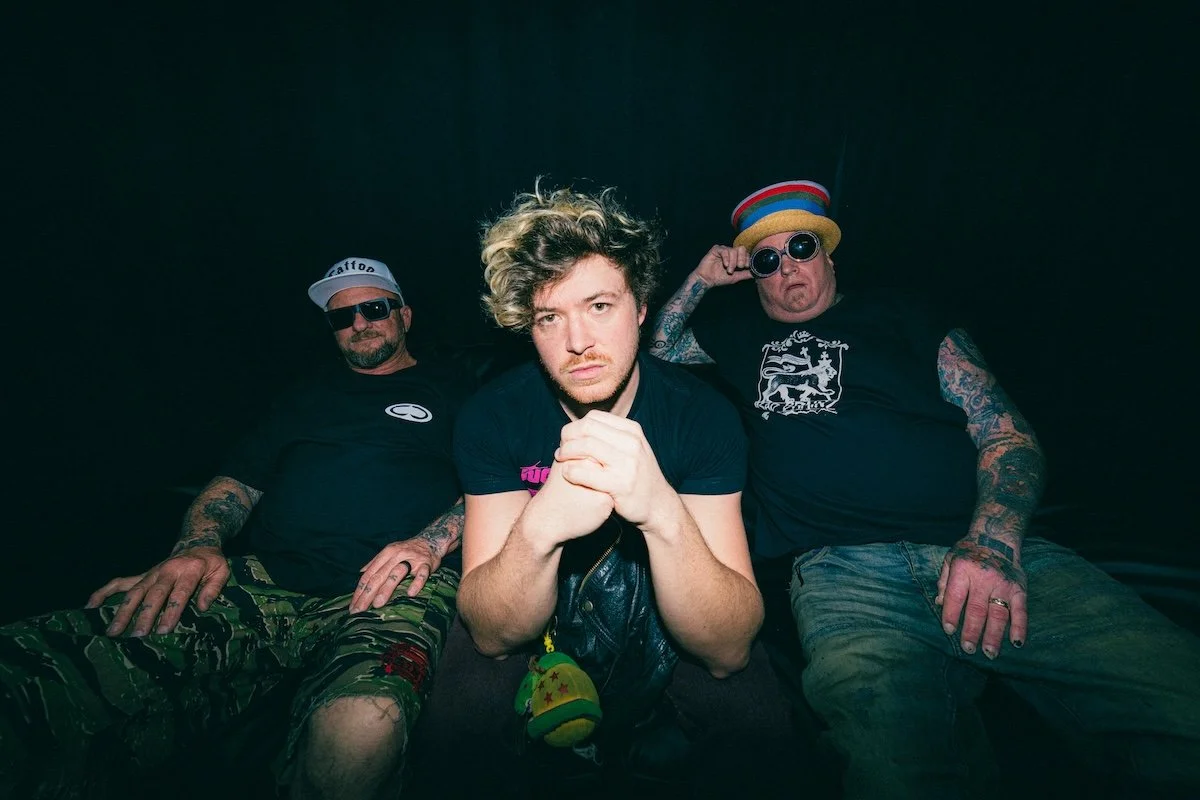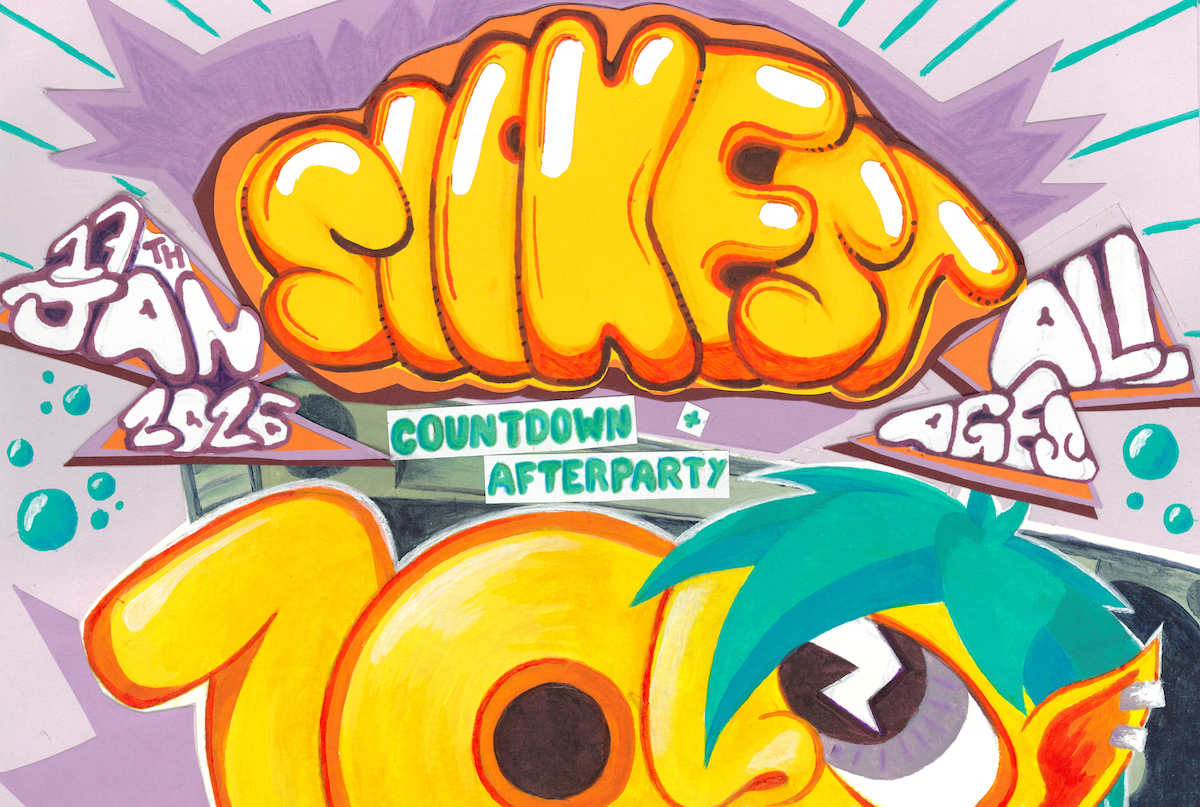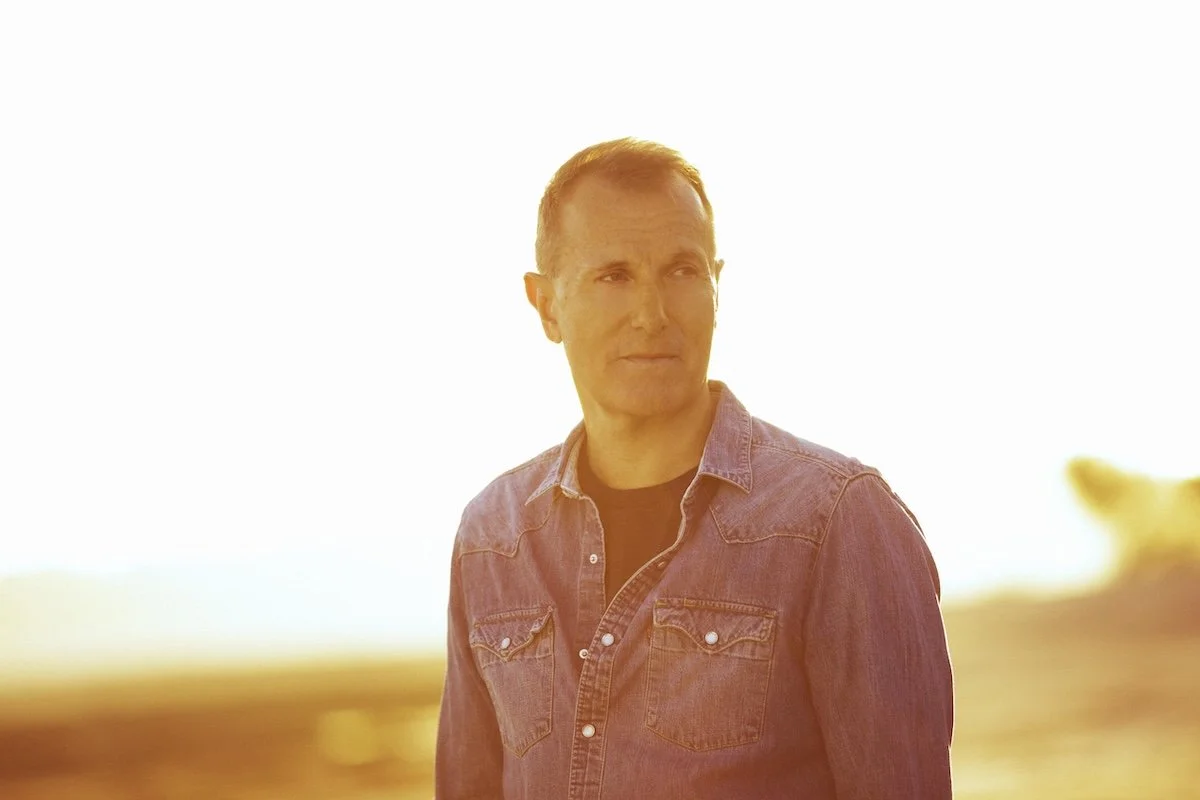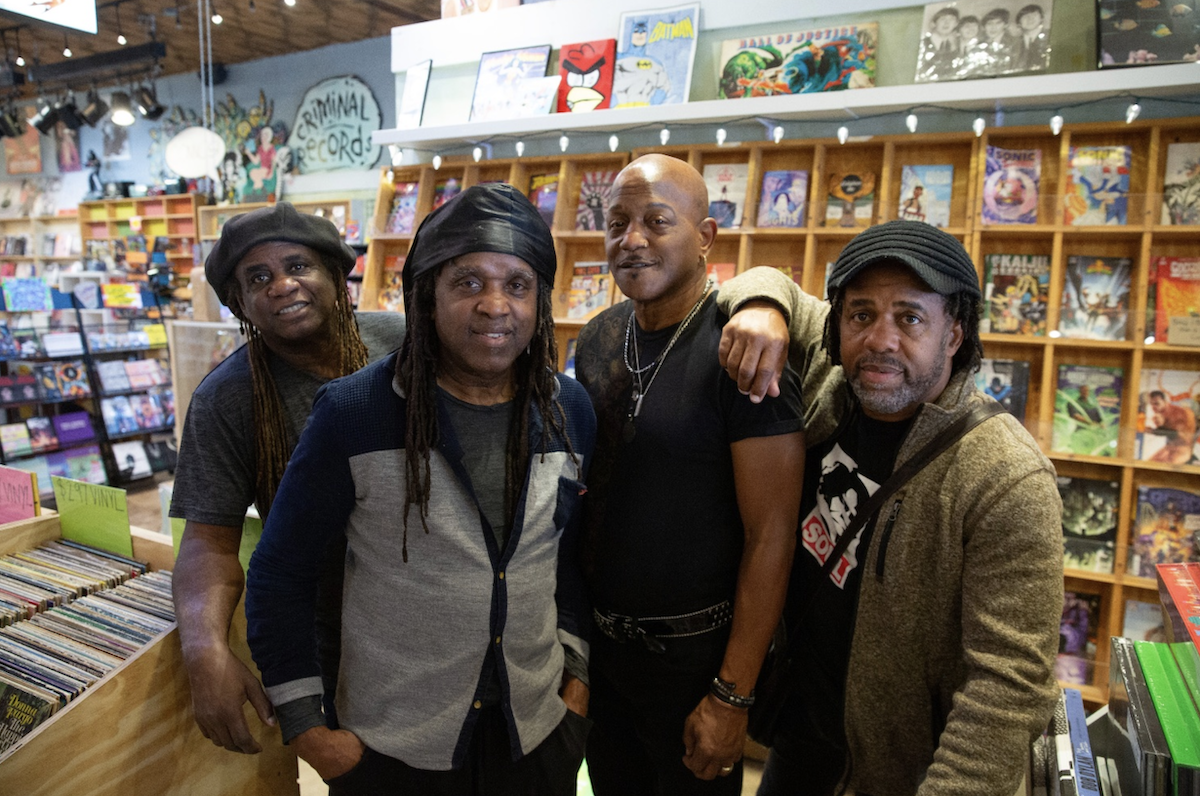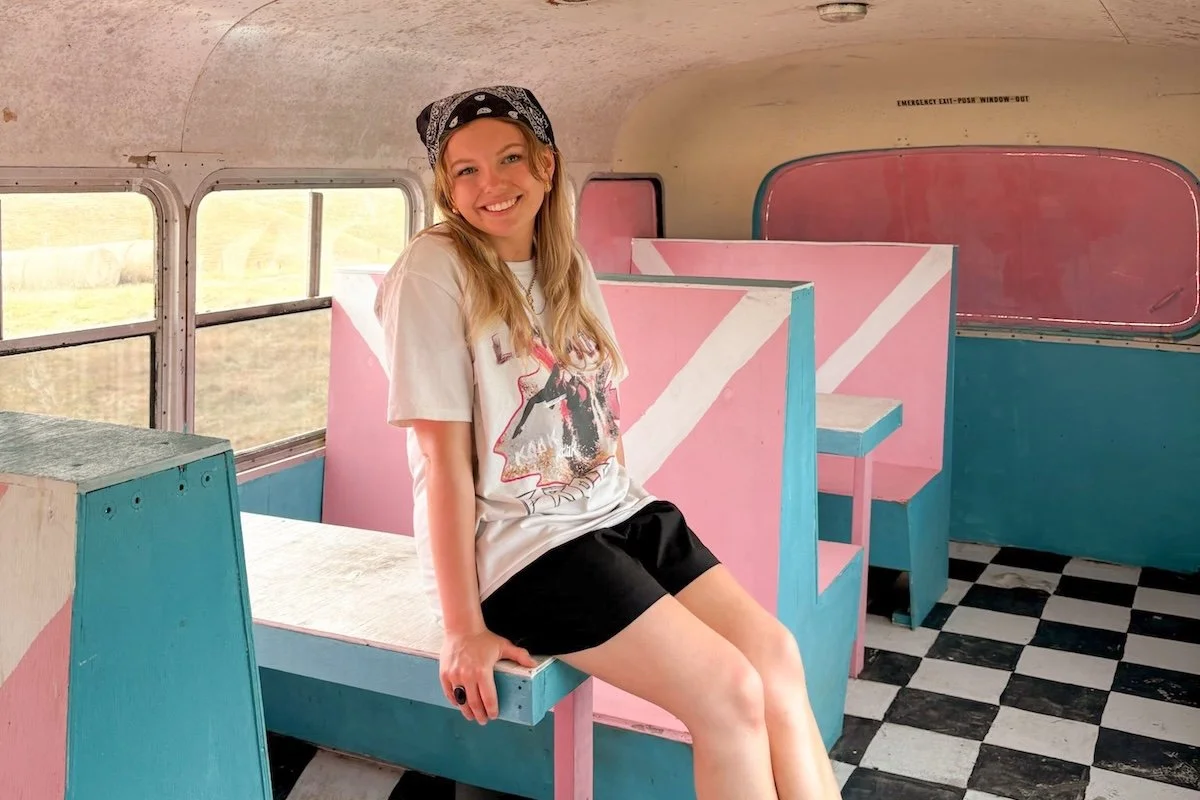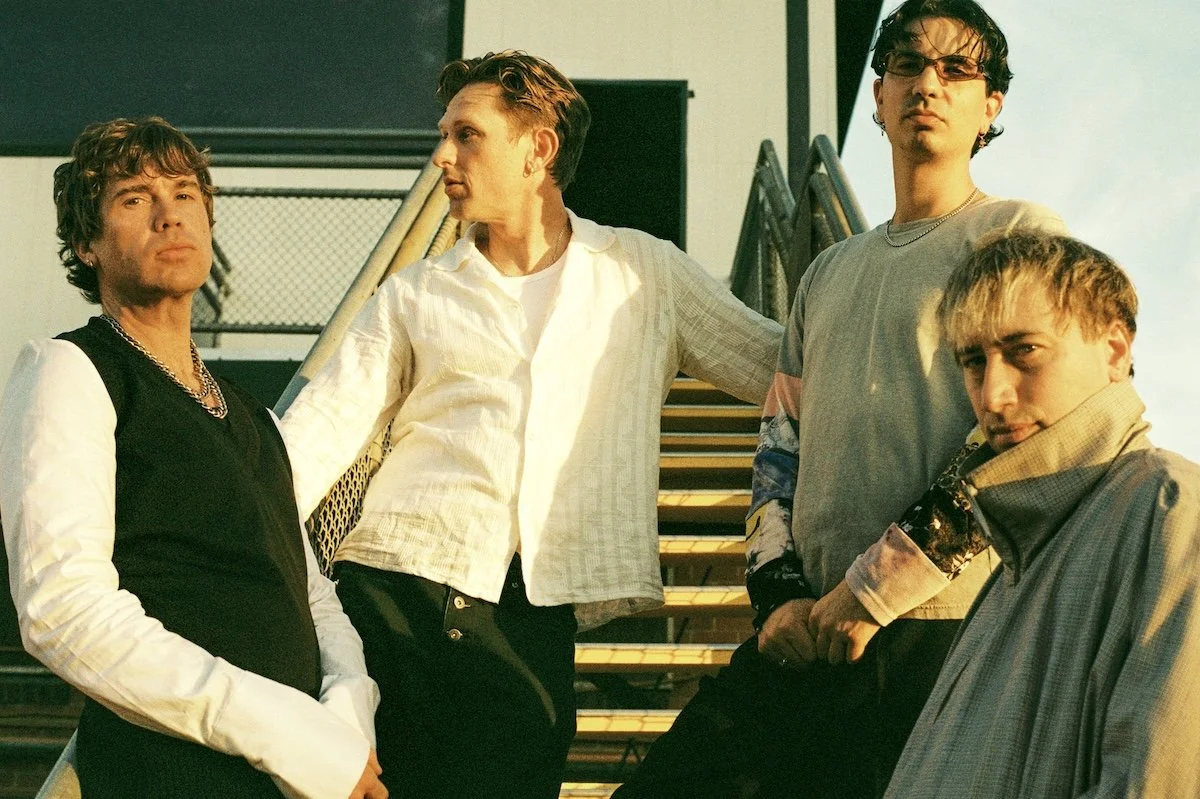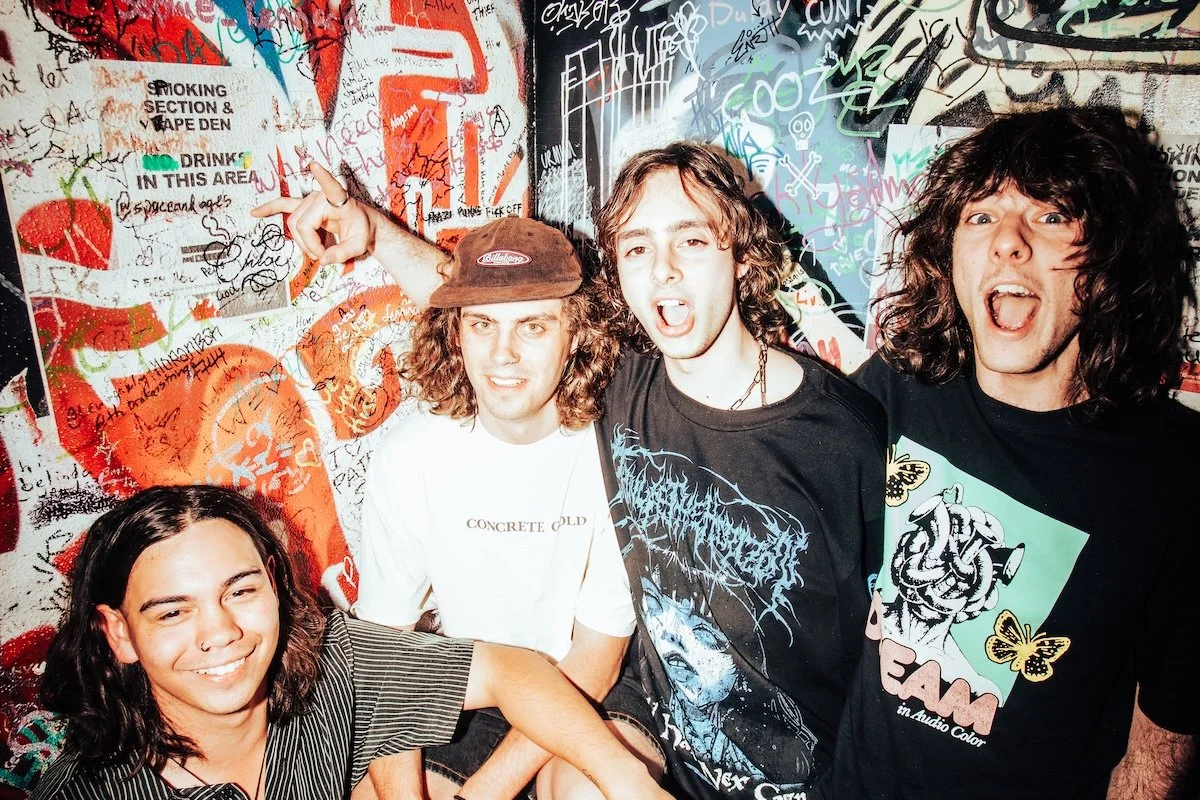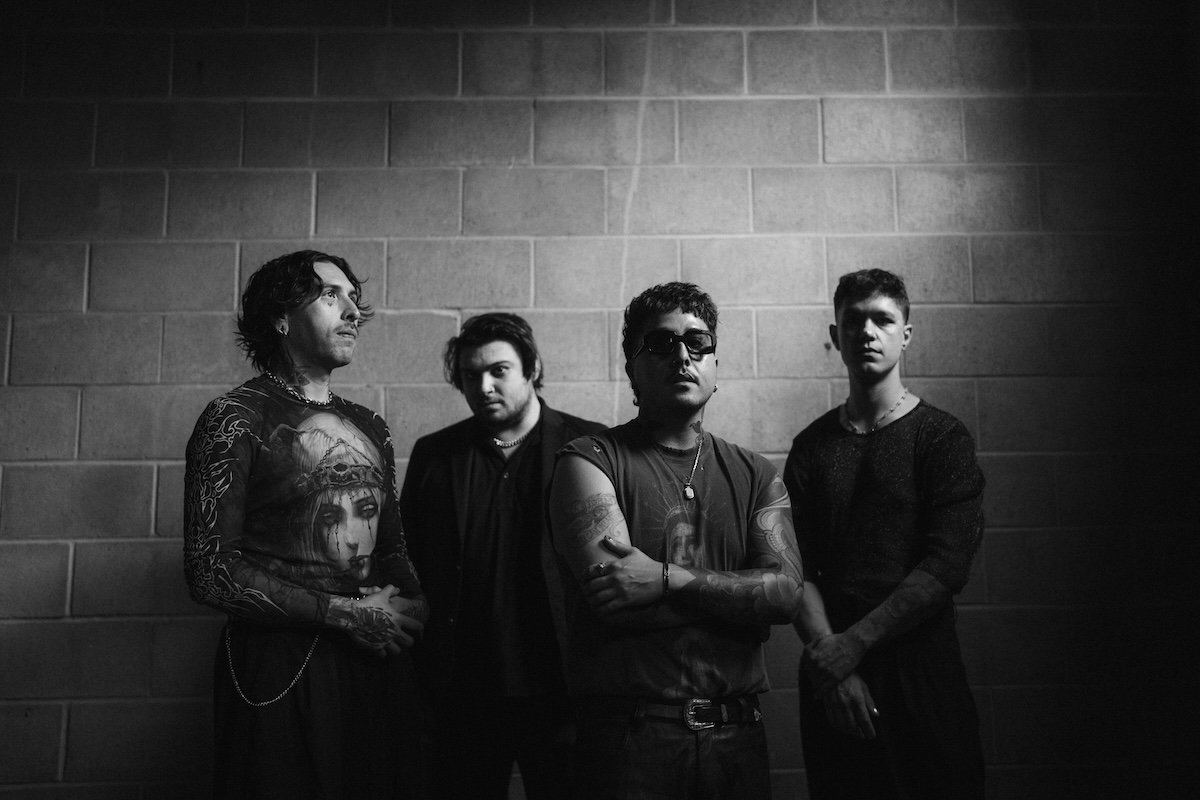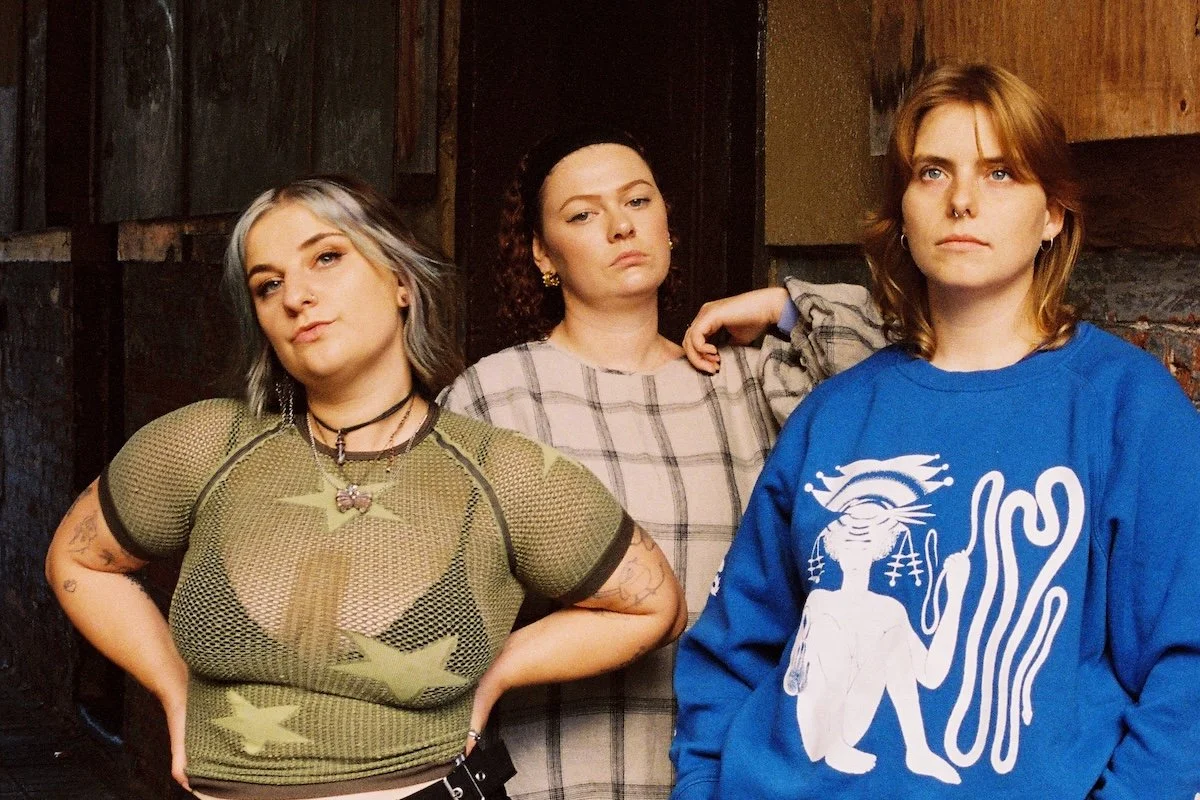Voicehouse Magic: How Amelia Shinks Helped Jack Kamleh Find Confidence and Soul in His Sound
Voicehouse are honouring Adelaide City of Music’s tenth anniversary with a new performance pathway. Ahead of the December showcase, The Note spoke with vocal coach Amelia Shinks and singer Jack Kamleh about the role of Voicehouse, the importance of vocal lessons and why the Adelaide music community is so special.
Words Emily Wilson // Image supplied
Emerging singer-songwriter Jack Kamleh found the vocal coach of his dreams, Amelia Shinks, by Googling “best singing lessons in Adelaide” - and he couldn’t be more pleased with what that simple search led to. “It’s just the best,” he gushes, before running through the structure of a standard lesson. “We gossip together, we sing together. She can harmonise… I come in, we always have a debrief at the start, otherwise I can’t get anything done. Then we get into the warm-ups. She runs me through vocal exercises. We implement those vocal lessons toward the songs I’m learning.”
Amelia Shinks has had the pleasure of working with Kamleh for two years, and describes his sound as “groovy, smooth, and full of heart,” possessing a pop-leaning writing style “with big catchy hooks, lush melodies, and a general great vibe. But what really sets him apart is the soulfulness he sneaks into every song. His voice feels like a throwback and a fresh hit all at once.”
Shinks, a twenty-four-year-old vocalist and coach, has been working for Voicehouse - one of Australia's only vocal studios specialising in singing lessons for adults and teenagers - for two years. Compared to other forms of instrumental training, there is a fraught sensitivity, a deeply personal element, to vocal coaching.
“Singing is an extremely vulnerable experience because it’s a part of you, it’s something you’ve made. Especially if you haven’t done vocal lessons before,” Shinks explains. “And as we work with people over the age of 18, predominantly adults, sometimes it’s their first time exploring this part of themselves, which is a very scary, vulnerable experience, and is something that I have to work hard to coach, to foster, and make sure that my students feel really comfortable in the space that they’re in so that they then feel comfortable enough to start exploring their sound.”
Kamleh agrees. “Starting a lesson’s always really nerve-wracking because now it’s like, I have the floor, and I have to start making awful sounds. That’s why I think it’s super important that we know each other as people. And talking a bit at the start of a lesson just helps… having this kind of structureless structure really helps me.”
Nodding, Shinks adds, “I think the five-minute gossip session at the start of a lesson is just as important as the technique and the actual vocal training. That’s how Jack as a student allows himself to be vulnerable and comfortable in the space.”
Shinks was ushered into vocal lessons from the age of nine. “Not because I was very good, but quite the opposite,” she laughs. “I was singing all the time, and I was bad, and my parents were like, if we have to listen to this all the time we should do something about it.”
She credits her tutelage in high school from life-changing vocal coach Cherie Dawson as the inspiration for pursuing this career. “If not for her, I honestly don’t think I would have passed high school. She was an integral part of my growth as a vocalist, but also just my personal growth. My journey to becoming a vocal coach was really kick-started by my love of the relationship that I had for her and what she fostered within me. And I wanted to be able to give that to somebody else. And I try my best to.”
Jack flashes an enthusiastic thumbs up, indicating that Shinks has indeed succeeded in this regard. Shinks currently coaches a mammoth load of sixty to sixty-five students a week.
“The way I work as a coach, all my lessons are super individualised and very specific to the person. Of course, there are only so many techniques you can teach someone - but the way that I convey my information, and the order in which I convey that information, is very strategically done to best work with the person’s voice that I’m currently working with.”
What is it about Shinks and Kamleh that makes them click so well as student and teacher?
“I think we actually have very similar writing styles. I find it super easy to connect with the way Jack writes,” Shinks says.
“And I’m really funny,” Jack quips. “Because we’re both songwriters, it’s super easy to have that connection. I’ll come in with a new song, and she’ll be honest with me and give me good feedback. She’s a really adaptive teacher. I think we’re both trying to achieve the same things musically.”
Amelia agrees emphatically. “That’s a really good way of putting it.”
Kamleh views vocal lessons as “a must” for any aspiring singer-songwriter. “You actually have to learn different strategies and techniques to protect your voice, otherwise it will become damaged later on down the line. With a guitar, if you drop it while playing it, it’s going to get scratched. It’s exactly the same with your voice.” He says that since the lessons, his vocal improvement has been stratospheric.
READ MORE: Liz Stringer Is Coming Home
Shink stresses the importance of treating the voice like a muscle - something that is in need of constant exercise and care. “With Jack, it was kind of a frustrating process because he is a very strong-willed, stubborn kid. I think I had to prove to you, this is exactly why the techniques work, and how to implement them.”
Kamleh nods. “There’s no secret trick that actually makes someone suddenly a good singer as opposed to a bad singer. You just actually have to practice and try. Now that I’m training properly, every year I’m getting three times better, instead of just a little bit better every year.”
Kamleh is gearing up for the inaugural Voicehouse showcase at The Gov as part of the ongoing celebrations for the tenth anniversary of Adelaide’s designation as a UNESCO City of Music. It is a major event, but he isn’t nervous - he revels in the limelight. “The reason I got into music was just purely out of a love for performing for people, and people being able to enjoy what I offer. I’ve been practising so hard for this showcase, I’m doing a song that I’ve written myself, and I’m really excited to play it.”
Shinks, on the other hand, suffers from stage fright. “I feel very grateful to be on the side of the piano that I am,” she laughs.
“I’ve still never seen her perform!” Kamleh cries. “It’s so annoying. One day, one day.”
They ponder what about Adelaide makes it worthy of the hallowed title of UNESCO City of Music.
“It’s got to be the community,” Kamleh decides. “All my friends are in bands, gigging every week. And everybody is just so interconnected. We’re very small, and everybody knows each other - sometimes people say that as a negative thing, but I think it’s something we should be proud of. That’s why the showcase will be good - we all get to watch each other perform at one of the best venues in SA.”
“I have to agree with Jack about the community spirit in the music scene,” Shinks adds. “I mean, look at how everyone rallied around The Cranker. Everyone works together. And I think it’s a unique sound. Because we’re a bit country still, if that makes sense. I think we’re all a bit humbled because we’re still just small little Adelaide.”
It is vital that people in Adelaide keep attending communal performances and music events such as the Voicehouse showcase - even those without a musical education or technical music knowledge - because, as Kamleh says, “Music is everything! Music is all around us. How can you not want to hear people from South Australia doing what they love? It’s just the best. It’s just something that anyone can appreciate.”
“And,” Shinks adds, “I think just being in a space where you’re able to watch someone be vulnerable and open, convey their emotions in a really healthy way - it’s an experience unlike any other.”
Catch the Voicehouse Showcase at The Gov on Monday 1 December. Tickets on sale now via trybooking.com.



